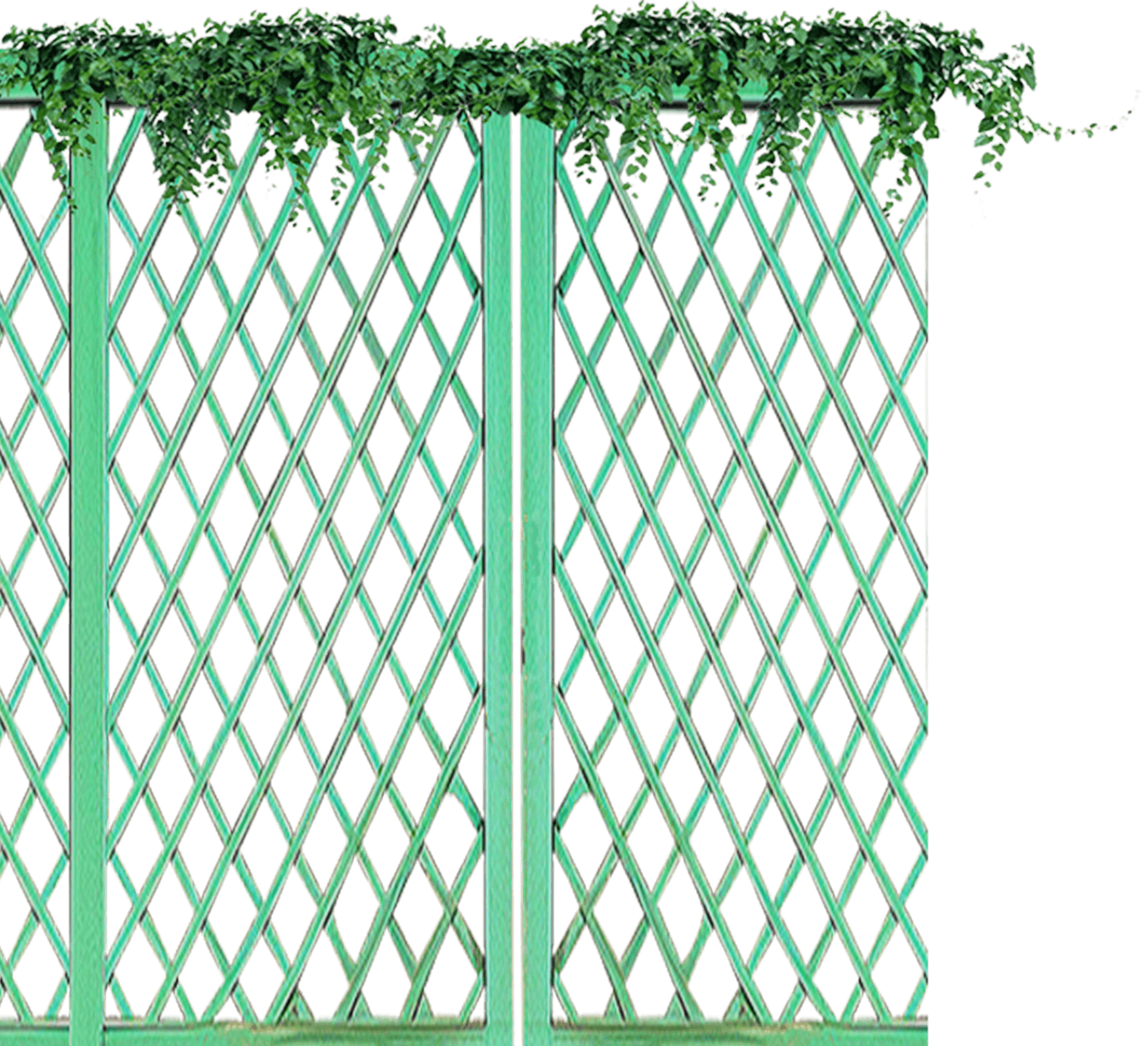SUMMER LIMITED EDITION VAPES NOW AVAILABLE
How to Choose the Right Cosmetic Powder Machine for Your Business Needs
In the ever-evolving beauty industry, selecting the right equipment is crucial for success, especially when it comes to manufacturing cosmetic products. According to a report by MarketsandMarkets, the global cosmetic packaging market is projected to reach $43.5 billion by 2027, indicating a robust growth that highlights the importance of efficient production processes. A key component in this process is the Cosmetic Powder Machine, which plays a vital role in the formulation and packaging of products such as powders, foundations, and other dry formulations. With various options available, understanding the specific needs of your business, along with the machine's capabilities, can significantly impact product quality and operational efficiency. By carefully considering factors such as production volume, product type, and automation levels, businesses can make informed decisions that align with industry standards and consumer demands.
Understanding Your Cosmetic Powder Production Requirements
When selecting the right cosmetic powder machine for your business, it is crucial to first understand your specific production requirements. This includes identifying the type of cosmetic powders you intend to produce, such as foundations, blushes, or loose powders, as different products may require distinct processing techniques and equipment functionalities. Understanding the particle size, texture, and desired finish will help you decide on the most suitable machine that can cater to these characteristics.
Additionally, consider the scale of your production. Are you a small startup aiming for boutique batches, or are you a larger entity looking to produce high volumes? This will determine not only the size and capacity of the machine you need but also factors like automation features and maintenance requirements. Investing time in assessing your production needs allows you to choose a cosmetic powder machine that not only aligns with your business goals but also ensures efficiency and quality in your product output.
Cosmetic Powder Machine Selection: Production Capacity vs. Powder Types
Identifying Key Features in Cosmetic Powder Machines
When selecting a cosmetic powder machine, it's essential to identify key features that will cater to your specific business needs. First, consider the machine’s capacity and production speed. Depending on your scale of operations, a machine with a higher capacity may be necessary to meet market demands efficiently. Additionally, look for machines equipped with adjustable speed settings, which can enhance flexibility when producing different types of cosmetic powders, from fine to coarse textures.
Another critical feature to evaluate is the machine's ease of maintenance and cleaning. Since hygiene is paramount in the cosmetics industry, choosing a machine made from materials that are simple to clean and that have accessible components can save you time and ensure compliance with health regulations. Furthermore, consider the options for customization; some machines allow for the incorporation of various blending techniques or the addition of special ingredients, which can be beneficial for creating unique product offerings tailored to your clientele.
Evaluating Machine Compatibility with Your Business Scale
When choosing the right cosmetic powder machine for your business, it's crucial to assess the machine's compatibility with your operational scale. Understanding your production needs—whether you are a small startup or a large manufacturer—is the first step in this evaluation. For instance, smaller businesses might benefit from compact, versatile machines that can handle multiple formulations with minimal setup time, whereas larger operations may require high-capacity machines that prioritize speed and efficiency to meet the demands of mass production.
In addition to scaling considerations, it’s essential to stay informed about regulatory standards, such as the UKCA marking, which can impact your product compliance. Tools and resources that evaluate compatibility with emerging technologies, like AI and data management solutions, can also enhance your operations. By integrating machine learning techniques into your production process, you could optimize supply chain management and improve long-term partnerships, enabling sustained business success.
Exploring these facets will ensure you select a machine that not only meets immediate production requirements but also aligns with your strategic business goals.
Assessing Quality and Durability of Powder Machinery
When selecting a cosmetic powder machine, assessing the quality and durability of the equipment is paramount for long-term business success. High-quality machines are constructed using robust materials that can withstand the rigors of constant use, ensuring that they do not easily succumb to wear and tear. It's essential to evaluate the manufacturer's reputation and the materials used in the machinery's construction, as this directly influences its durability and performance. Investing in machines that feature advanced engineering and quality components can significantly reduce maintenance costs and downtime.
Additionally, durability extends beyond just physical components; it also involves reliability in the production process. A well-built machine should consistently produce uniform powder with minimal batch variations. This reliability ensures that products meet the necessary standards for cosmetic quality, which is crucial in a highly regulated industry. Potential buyers should also consider the availability of spare parts and the level of customer support provided by the manufacturer, as these factors contribute greatly to sustaining the equipment's operational lifespan and efficiency.
Comparing Costs and Return on Investment for Equipment Choices
When selecting a cosmetic powder machine, understanding the costs associated with various equipment options is essential for making informed decisions that align with your business needs. Initial investment can vary widely depending on the machine's capacity, features, and technology. Budgeting for additional expenses such as installation, maintenance, and training is also crucial, as these factors can significantly influence the total cost of ownership. Conducting a thorough comparison of equipment prices will provide insight into which machine offers the best value based on your production volume and business model.
Return on investment (ROI) is another critical aspect to consider when evaluating different cosmetic powder machines. It's important to analyze not just the upfront costs but also how each machine can impact productivity and efficiency. A higher initial investment might be justified if a machine can produce larger quantities or deliver superior product quality, leading to increased sales and customer satisfaction. Additionally, consider the potential for reduced operational costs over time, such as lower energy consumption or minimized waste. Balancing these factors helps ensure that your equipment choice contributes to long-term profitability.









